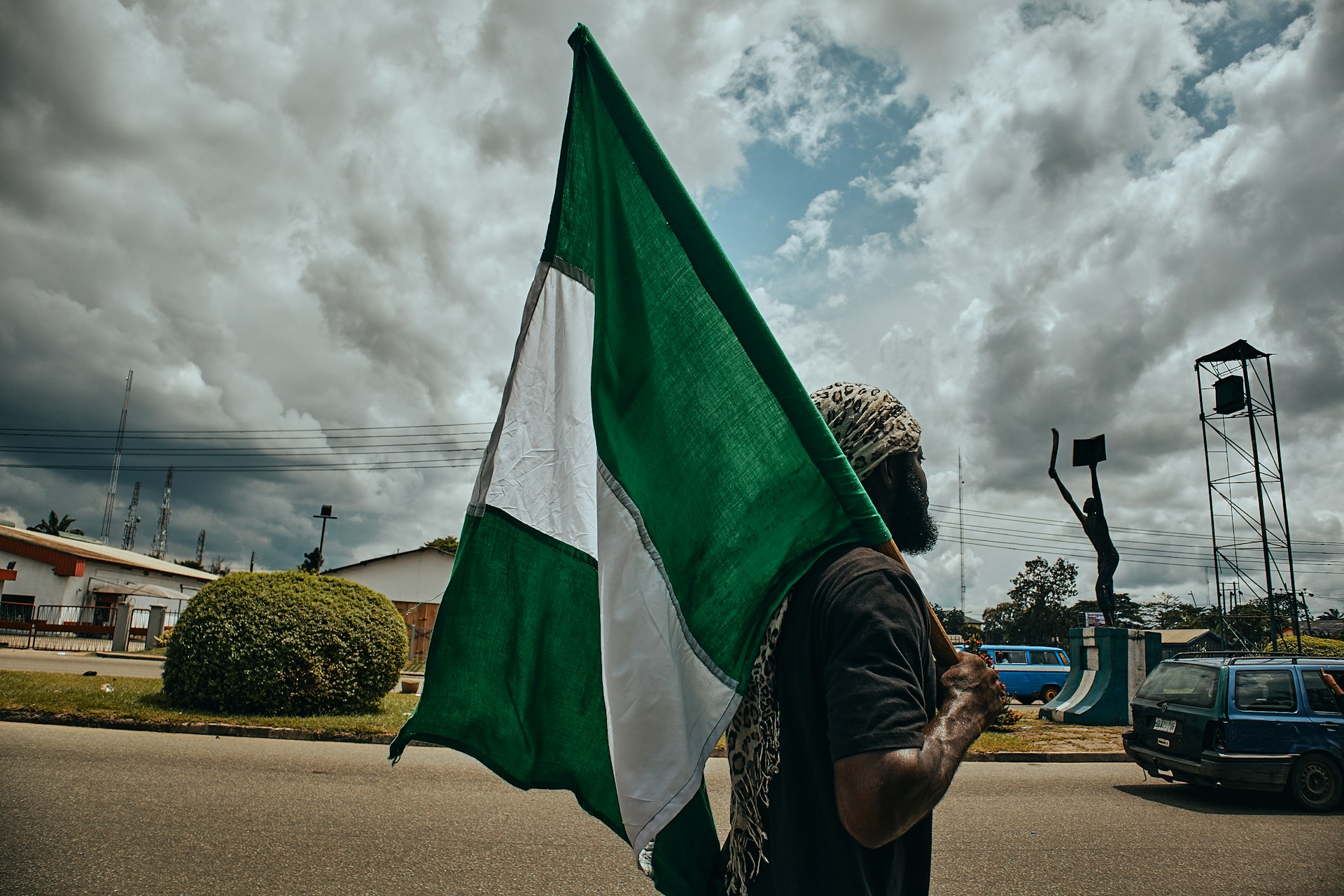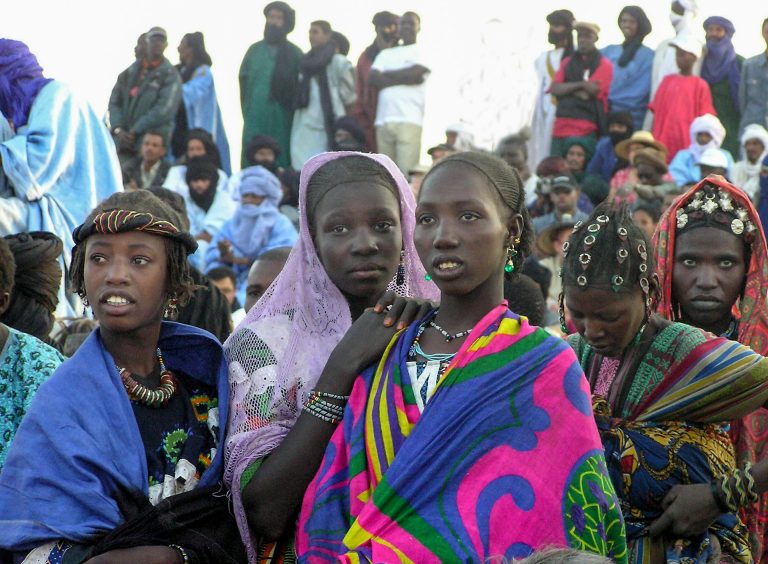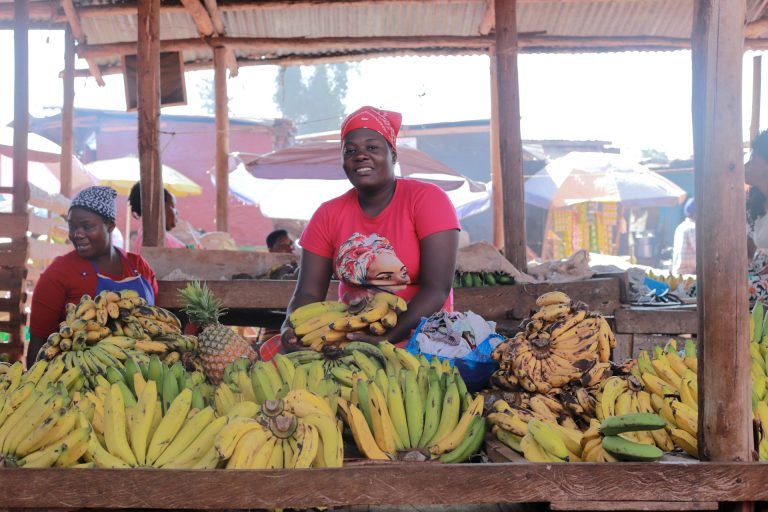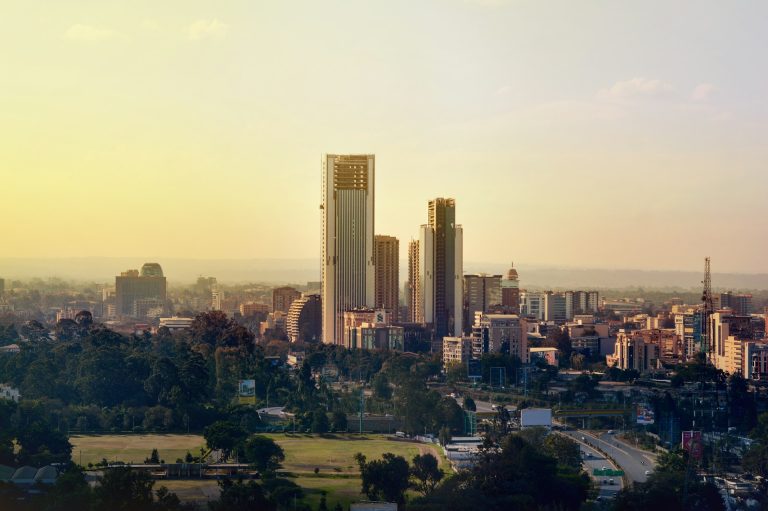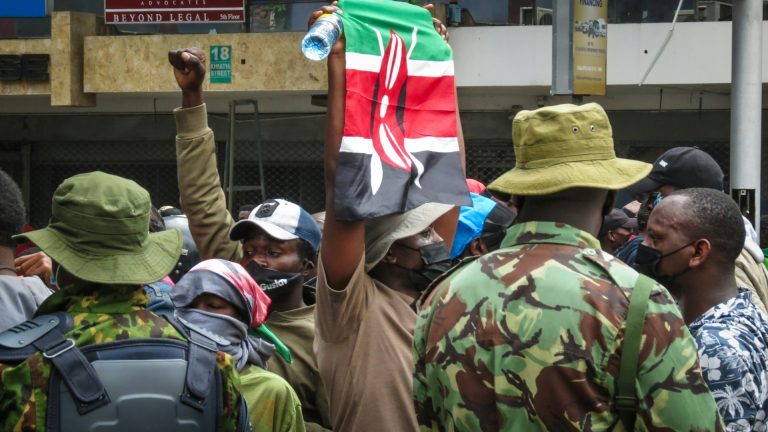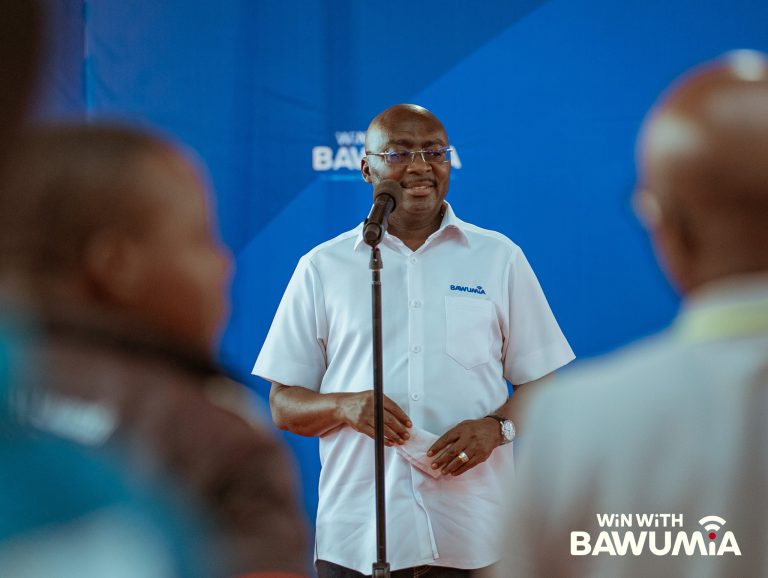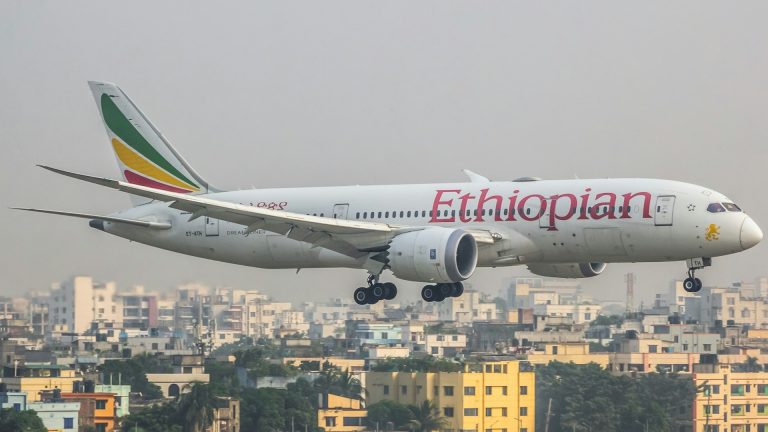- U.S. threats spark flight from Nigerian dollar-bonds
- Nigerian shares slide amid global investor jitters
LAGOS, NIGERIA – Financial markets in Nigeria are reeling after President Donald Trump threatened military action against the country over an alleged genocide of Christians.
Dollar-denominated Nigerian bonds plunged across the board and the Nigerian Exchange last week closed in the red.
Dollar bonds depreciated across maturities, with long-dated issues suffering the largest losses. The focal point was the 2047 bond, carrying a coupon rate of 7.625 per cent, which fell by as much as six cents in intraday trading as investors factored in enhanced geopolitical risk. Meanwhile, the Nigerian Exchange slid 0.25 per cent to end at 153,739.11 points, as 38 stocks declined and only 19 rose.
“It was largely a knee-jerk reaction by traders and investors surprised by Trump’s threats,” Lagos-based economist and market analyst Eric Orji told Allen Dreyfus. “They will likely remain cautious while waiting to get a sense of which direction things are going.”
Rising regional tensions and market fallout
Senior Republicans and the Trump administration have over recent months advanced a narrative alleging genocide against Christians in certain northern parts of Nigeria. That claim is entangled with broader global debates on conflict, including the war in Gaza and allegations of genocide against Palestinians.
Nigerian officials have condemned the characterisation, pointing out the violence is rooted in herder-farmers conflict in the north rather than a targeted religious campaign.
Few expected that rhetoric to spiral into explicit military threats.
“If we attack, it will be fast, vicious, and sweet, just like the terrorist thugs attack our CHERISHED Christians!” Trump declared, signalling an escalation in tone. The threat unnerved foreign investors already jittery about West African contagion risks.
Nigeria’s government swiftly rejected the U.S. allegations and any threat to its sovereignty, while emphasising its willingness to partner with Washington and the international community against jihadist groups linked to the Islamic State and al-Qa’ida.
“Religious freedom and tolerance have been a core tenet of our collective identity and shall always remain so. Nigeria opposes religious persecution and does not encourage it,” President Bola Tinubu said in a statement. “Our administration is committed to working with the United States government and the international community to deepen understanding and cooperation on the protection of communities of all faiths.”
Analysts noted the move cannot be viewed through a purely religious lens. Beyond the Christian-Muslim context, the dispute touches on immigration, diaspora relations and Washington’s influence in Africa. Trump’s earlier outreach to the Indigenous People of Biafra (IPOB), a separatist group in Nigeria’s southeast, adds another layer of complexity to the bilateral tensions.
Market watchers said the immediate effect was one of heightened risk perception. Institutions trading Nigeria’s sovereign debt withheld fresh commitments, while foreign portfolio flows turned cautious. With Ghana and other West African economies sharing investor-confidence linkages, the shockwaves may extend far beyond Nigeria’s borders.
As Nigeria prepares for upcoming elections and deeper engagement with global investors, the episode underscores how political-security flashpoints in Africa can ripple into capital markets and reshape investor behaviour.
